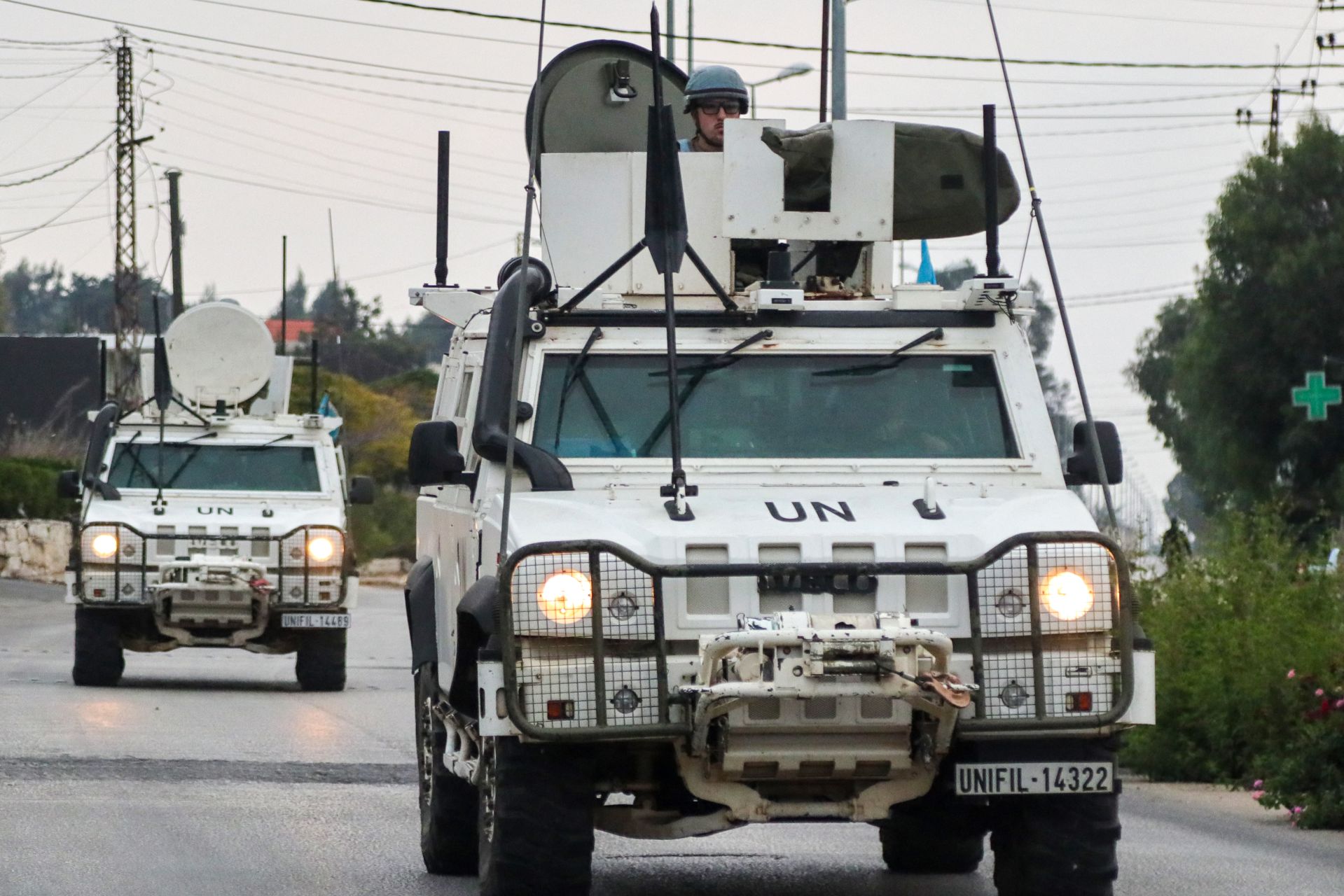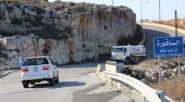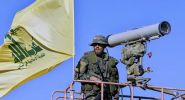
Prior to initiating what they termed limited ground operations along the Lebanese border, the Israeli Army communicated with UNIFIL forces stationed along the Blue Line, requesting the evacuation of specific positions. However, the international force declined this request. Recently, the Israeli Army announced that Hezbollah was operating near UNIFIL positions and that the Israeli Army was also active near its headquarters in Naqoura. They further asked UNIFIL personnel to remain in protected areas due to military operations in the region.
Sources within the international forces confirmed that a shell, believed to be fired from an Israeli tank, struck a guard post at the entrance of UNIFIL’s headquarters in Naqoura, injuring two Sri Lankan soldiers. One was evacuated to a hospital in Tyre, while the other was treated at the headquarters. According to these sources, UNIFIL had received warnings from the Israelis about the necessity of evacuating certain sites, stressing that international personnel should remain in secure locations. However, the Israelis did not specify the areas in which they would be operating.
Furthermore, the international forces have not yet confirmed whether Israeli troops have entered the Naqoura area. They noted that communication with the units on the ground, particularly the Italian contingent stationed along the Blue Line, remains intact. However, these units are unable to provide clear reports on the situation due to the intensity of military operations.
These developments have raised significant concerns among nations contributing troops to UNIFIL, particularly France, Spain, and Italy, which have expressed fears over the safety of their soldiers and officers, as well as all members of the international force. Consequently, the three countries have initiated coordinated efforts with the United States and Israel to ensure that the presence of the multinational force is not compromised, and to keep the fighting away from its positions. Additionally, they have contacted the Lebanese government to urge it to act and do everything possible to protect UNIFIL, whose role is central in any serious implementation of Resolution 1701.
Established in the south of Lebanon in 1978 following the adoption of Resolution 425, UNIFIL has consistently faced aggression from various warring factions, including Israel, the Palestinian Liberation Organization (PLO) until 1982, and Hezbollah. Despite its reinforcement under Resolution 1701, UNIFIL does not serve as a deterrent force and lacks the capacity to confront either Israel or Hezbollah. Consequently, it has incurred significant losses without the ability to defend itself.
Despite these challenges, many countries remain committed to contributing contingents to UNIFIL, as well funding it — especially the United States. The necessity for UNIFIL’s presence as a stabilizing factor today is more urgent than ever. However, actions from both sides of the conflict reveal a clear intention to undermine or completely remove any presence of these forces, even if only symbolically.



Comments